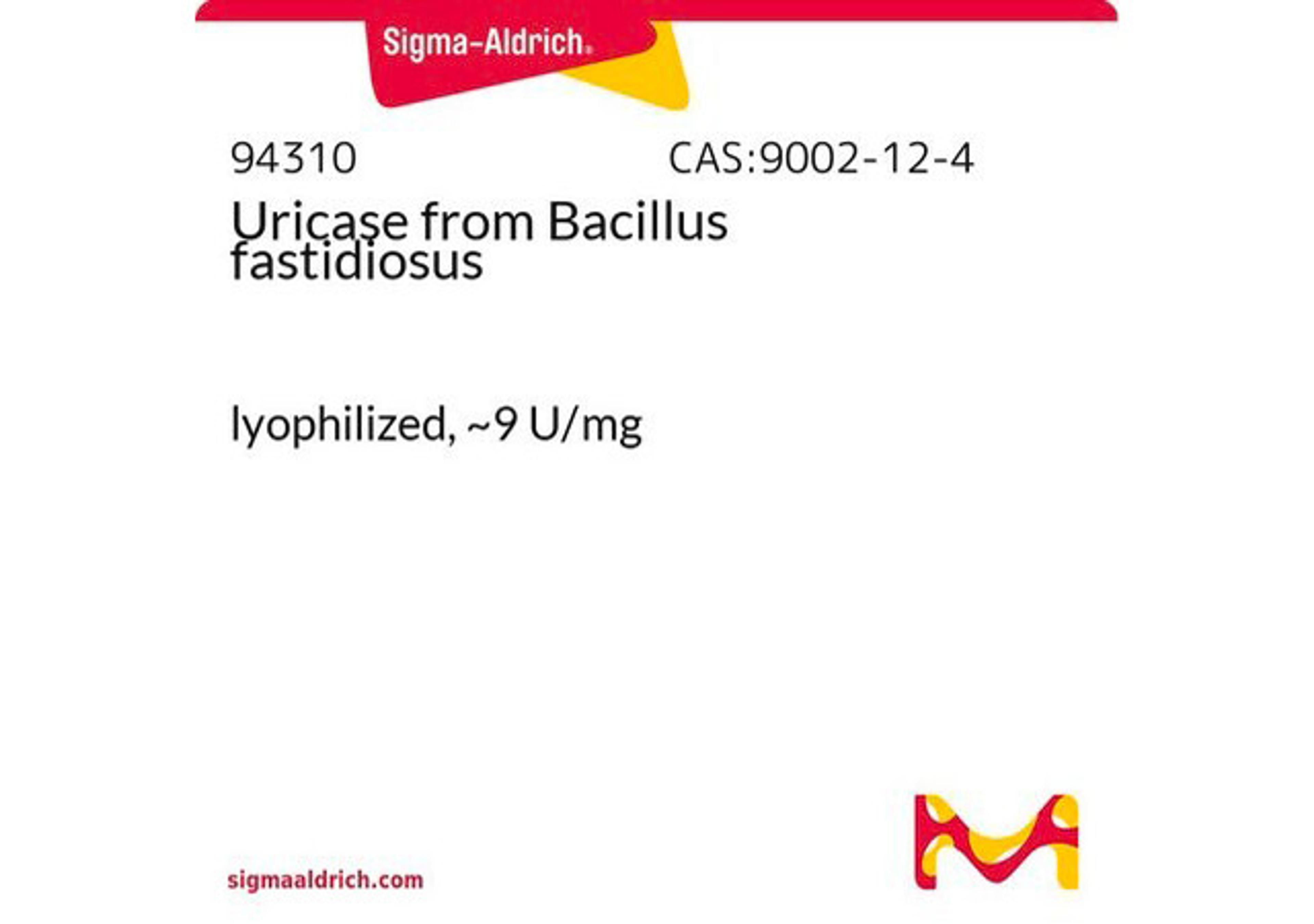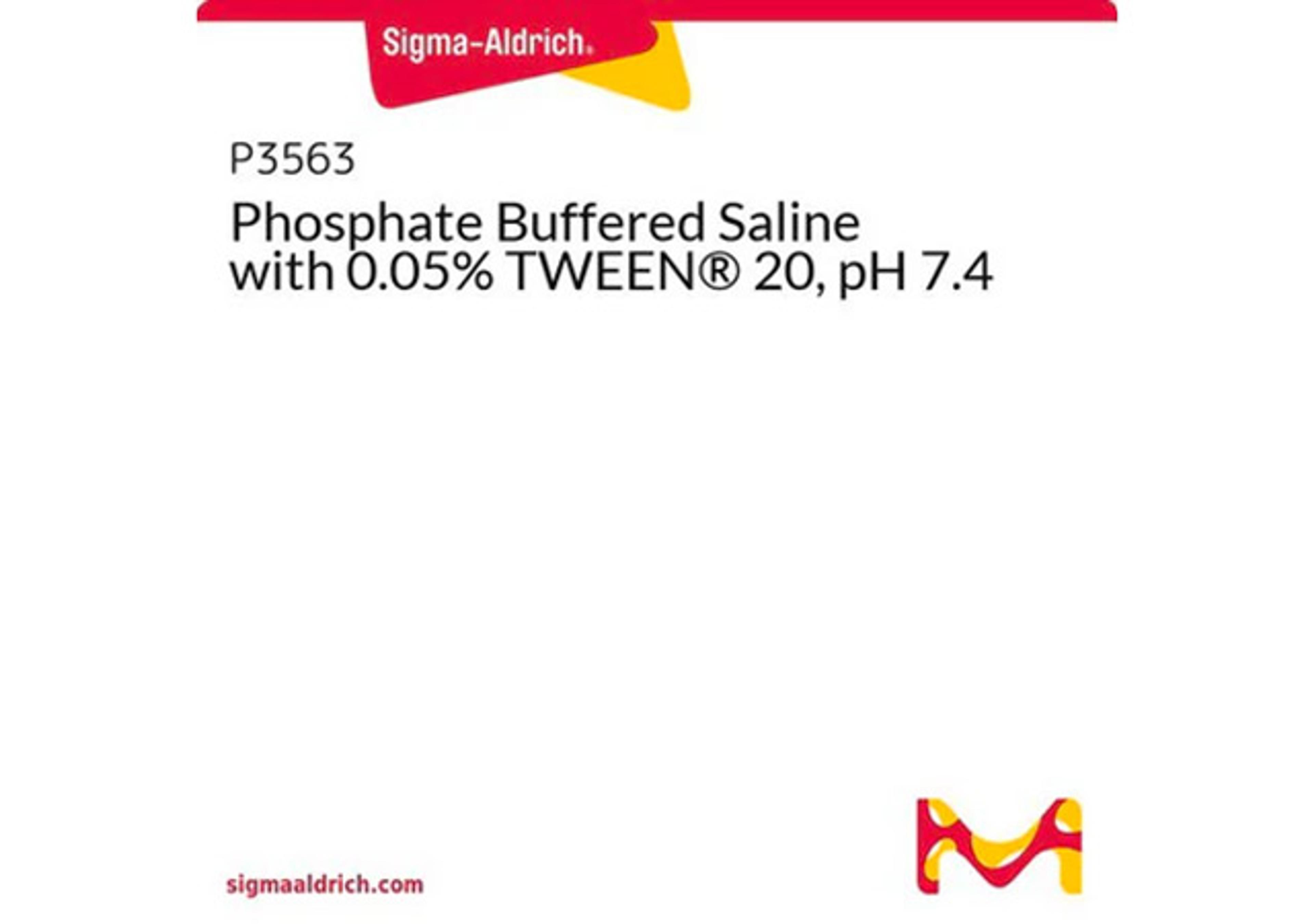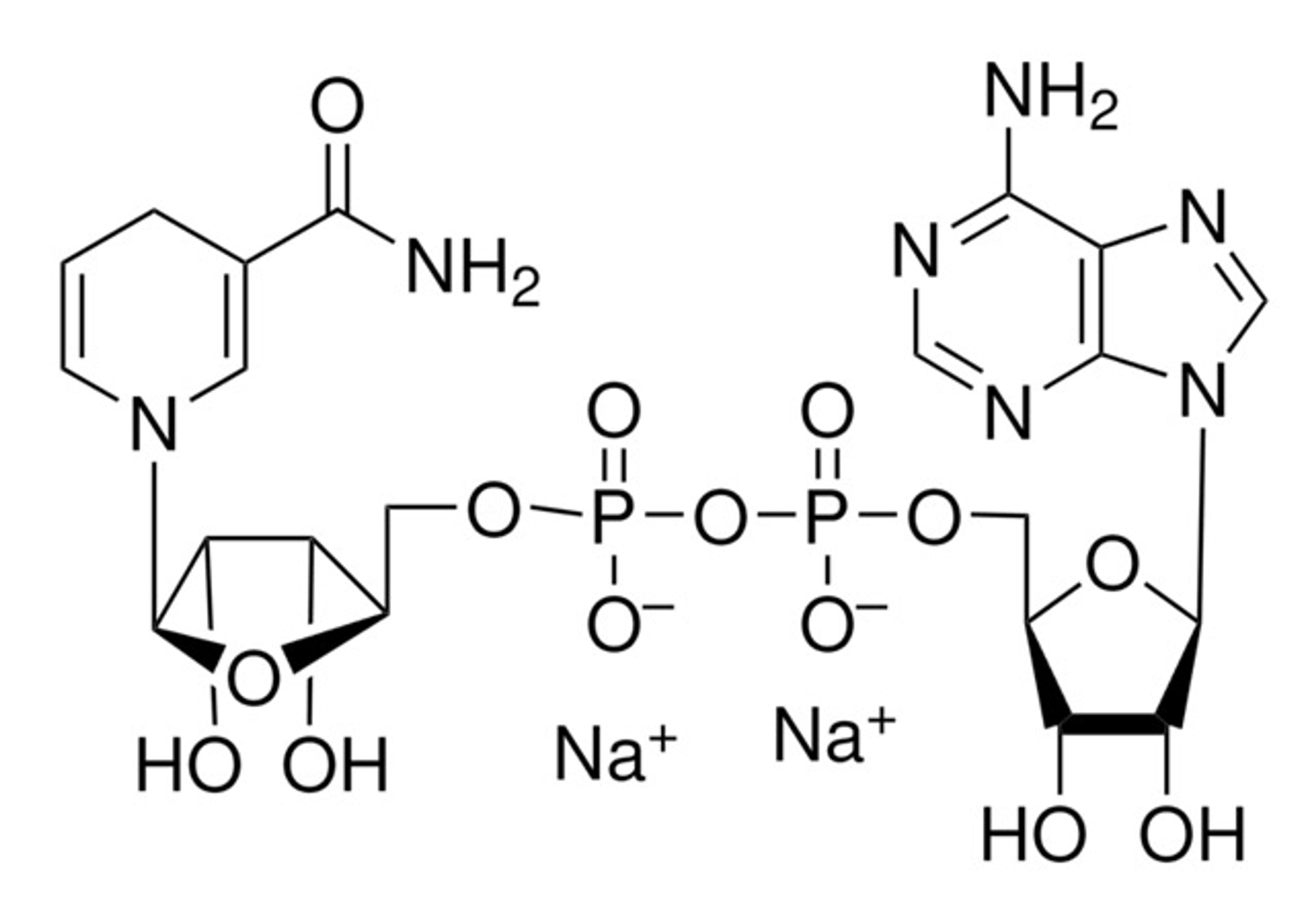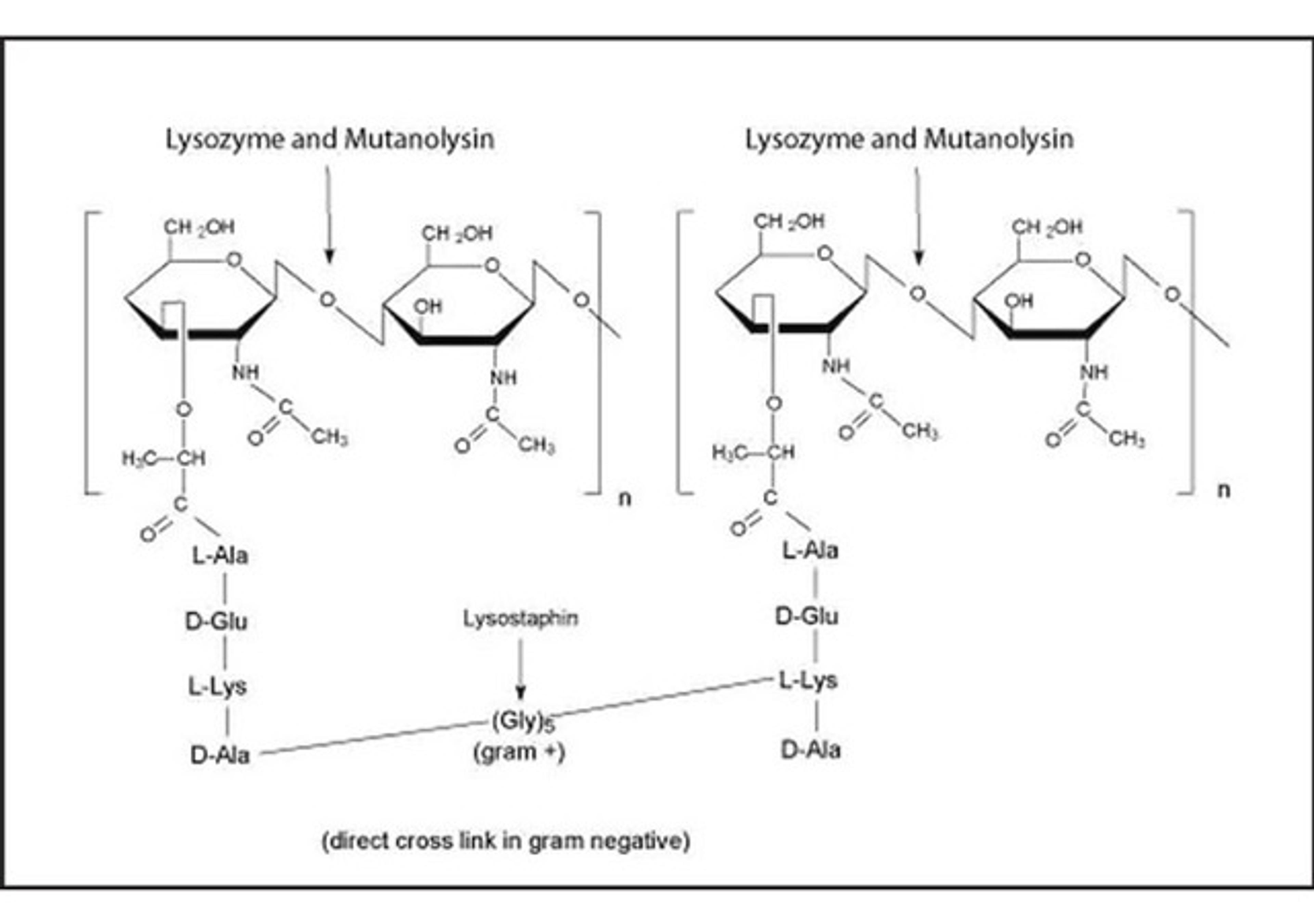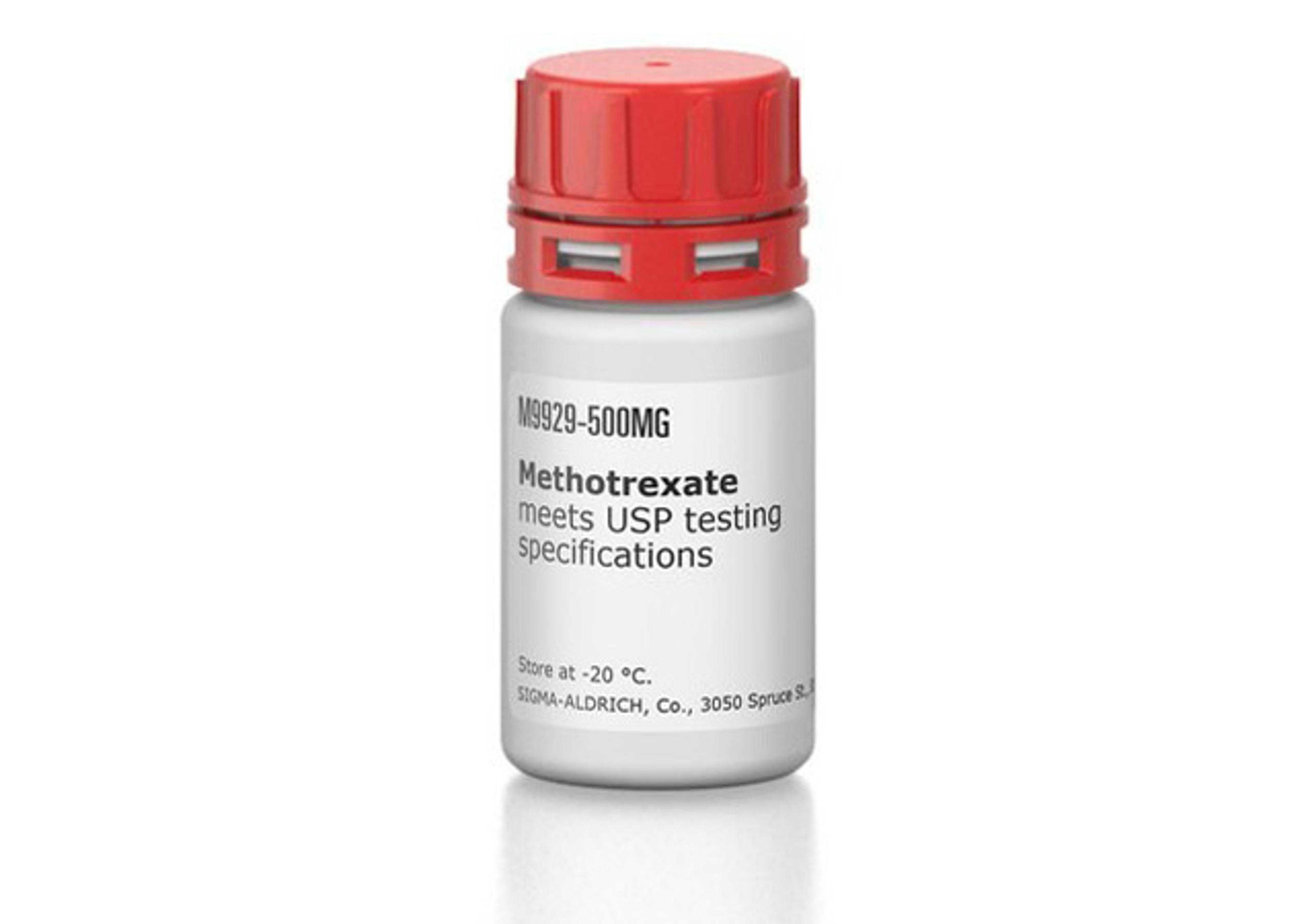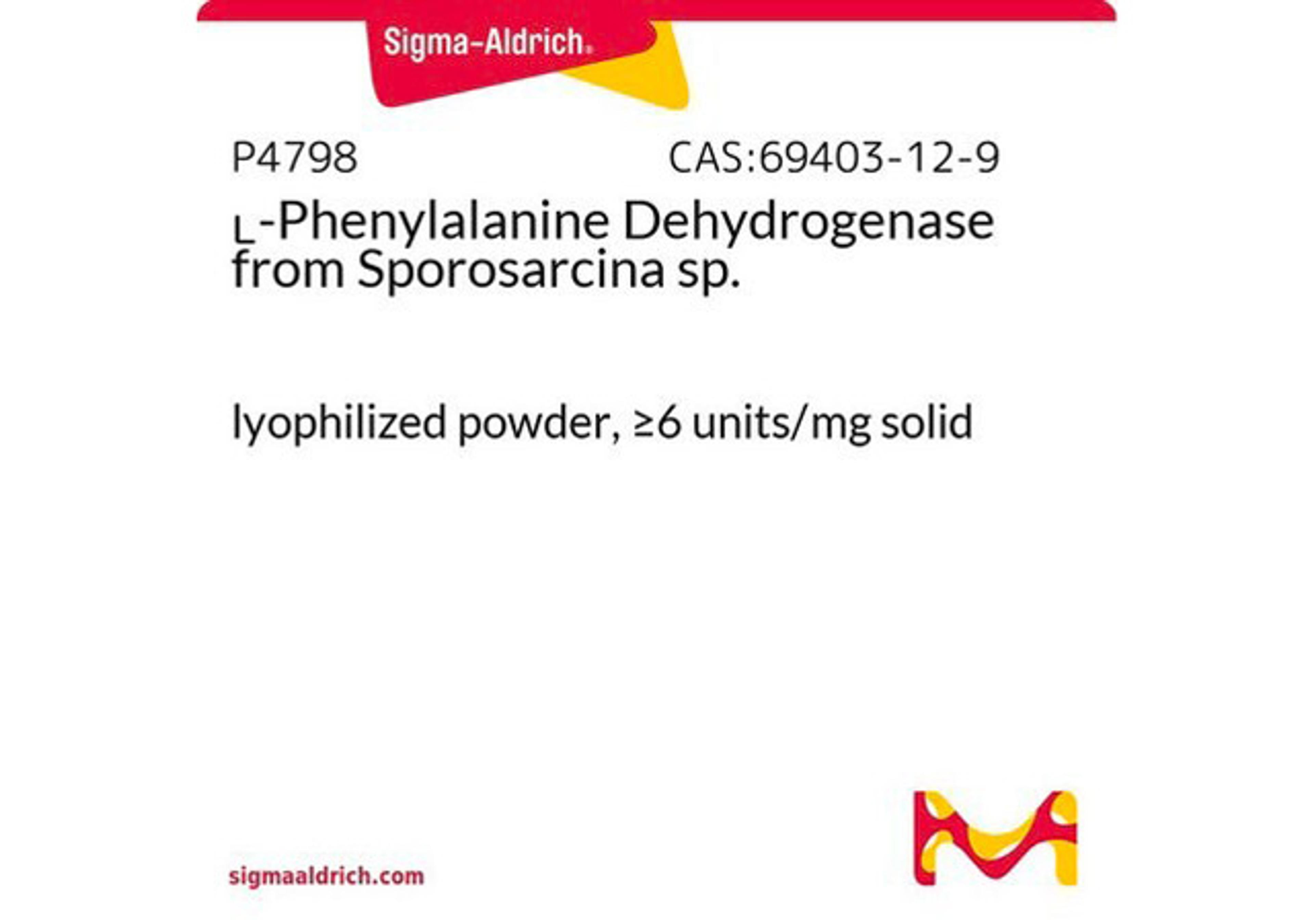Antisense Oligonucleotides
Modulation of gene expression with modified oligos
Antisense oligonucleotides (ASOs) are short, single-stranded nucleic acid molecules that can selectively bind to target RNA molecules, resulting in the regulation of gene expression. ASOs are a promising approach for gene expression and silencing studies. They can be designed to inhibit the expression of disease-causing genes or enhance the expression of beneficial genes.
ASOs work by binding to the complementary RNA sequence, forming a hybrid double-stranded molecule. This interaction can result in various outcomes, including modulation of RNA stability, inhibition of RNA translation, or recruitment of cellular machinery for targeted degradation of the RNA molecule. ASOs are used in research laboratories for studying gene function, understanding disease mechanisms, and developing new therapies.
Read all about ASOs in this technical article, including modulation mechanisms, designs considerations, different generations of constructs, and quality considerations. Seek design assistance and order ASOs with a variety of modifications that facilitate stability.





